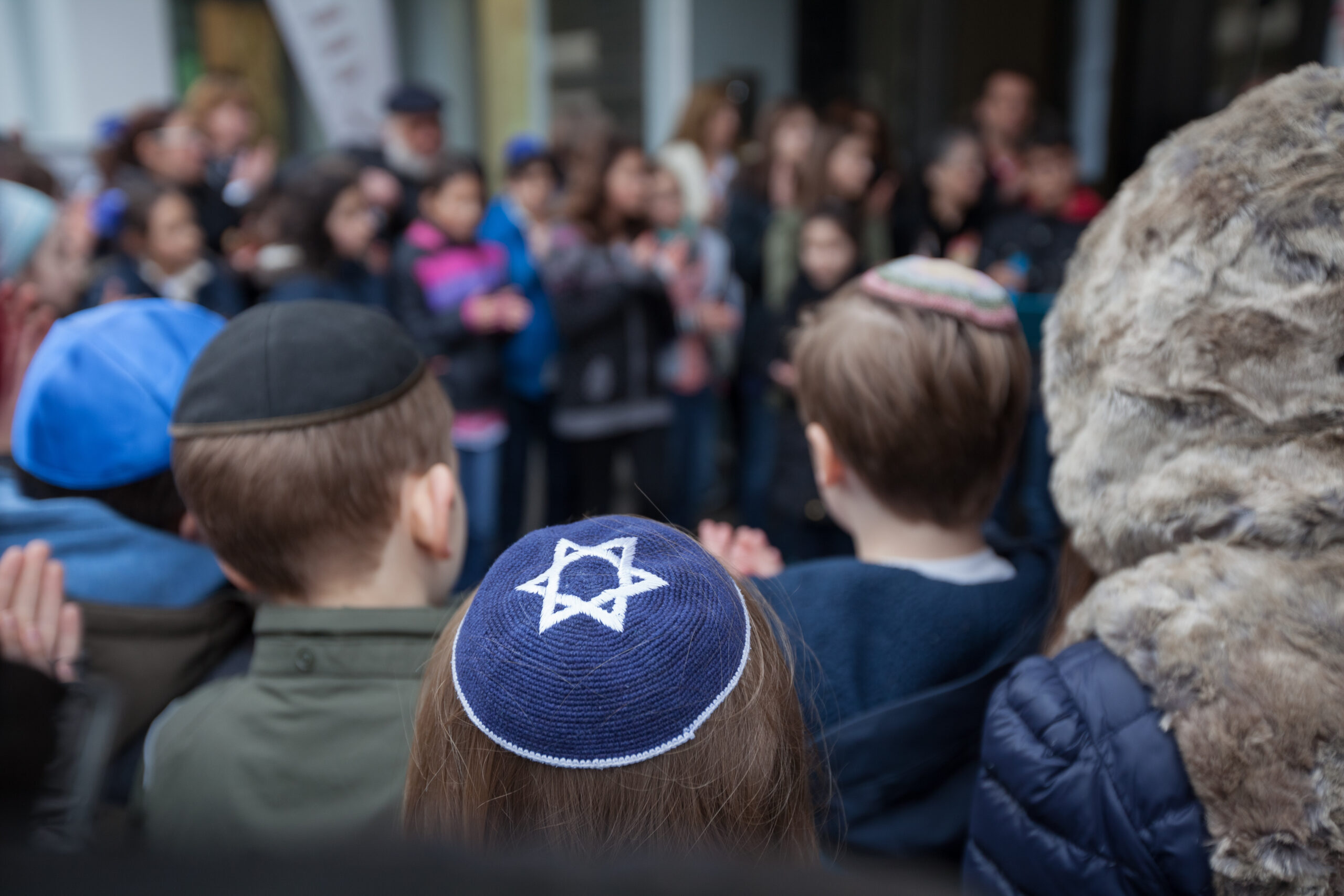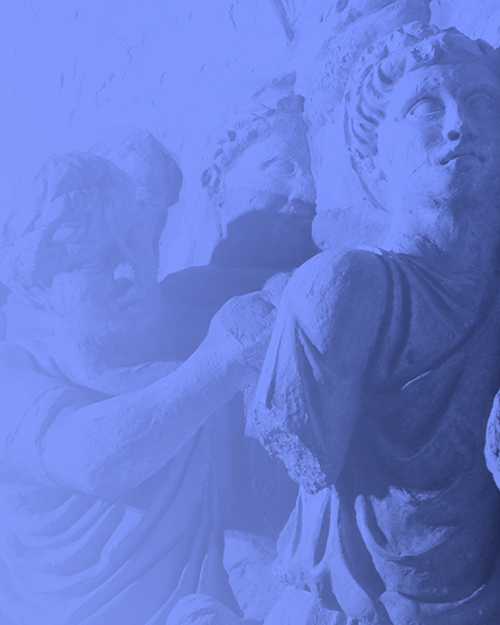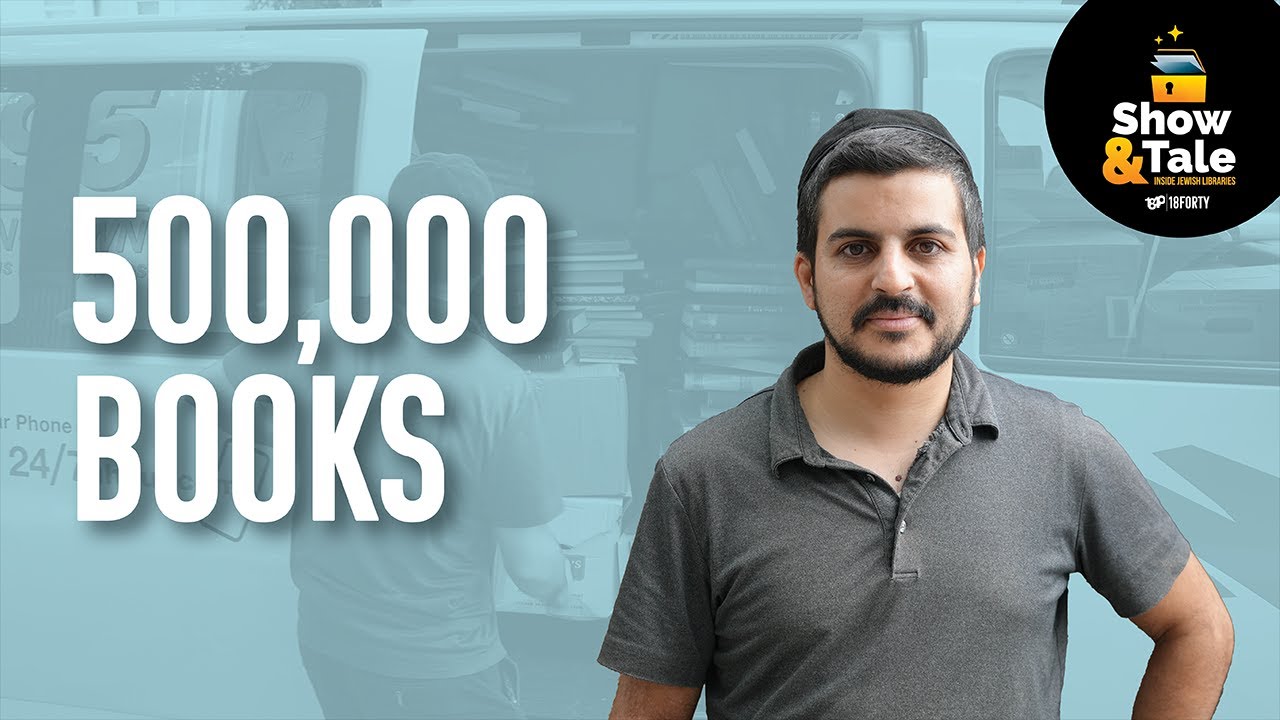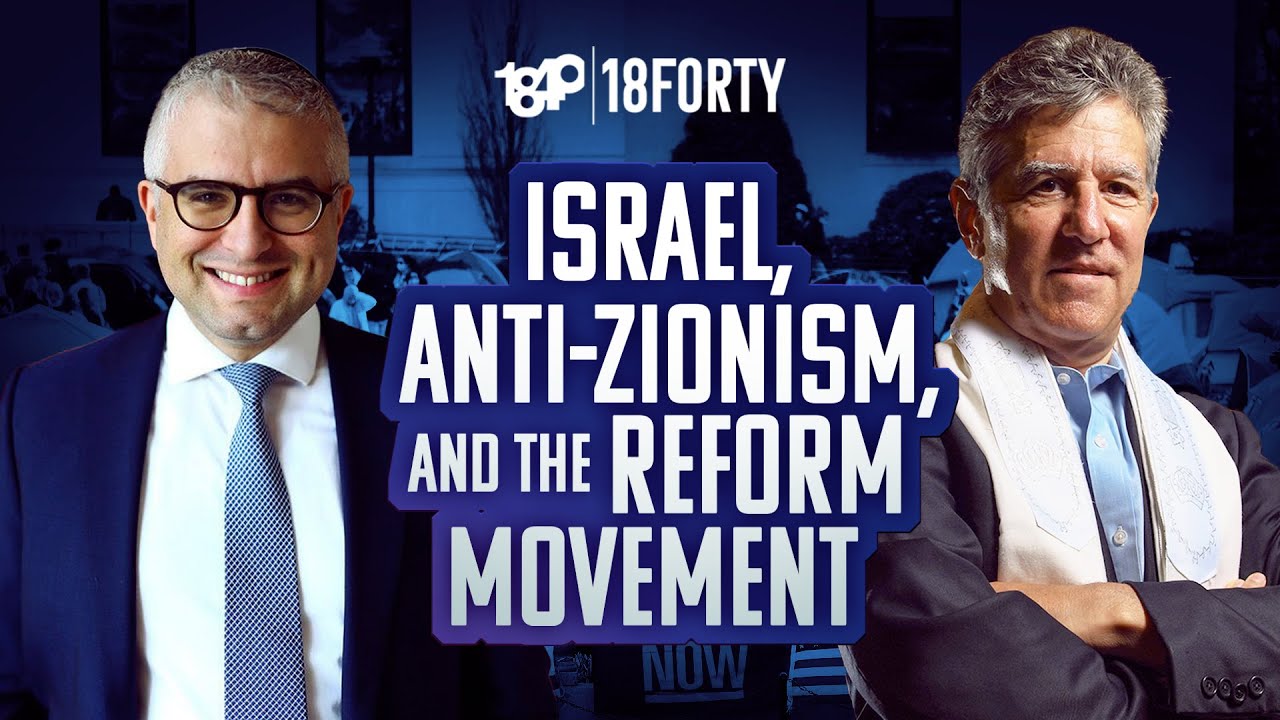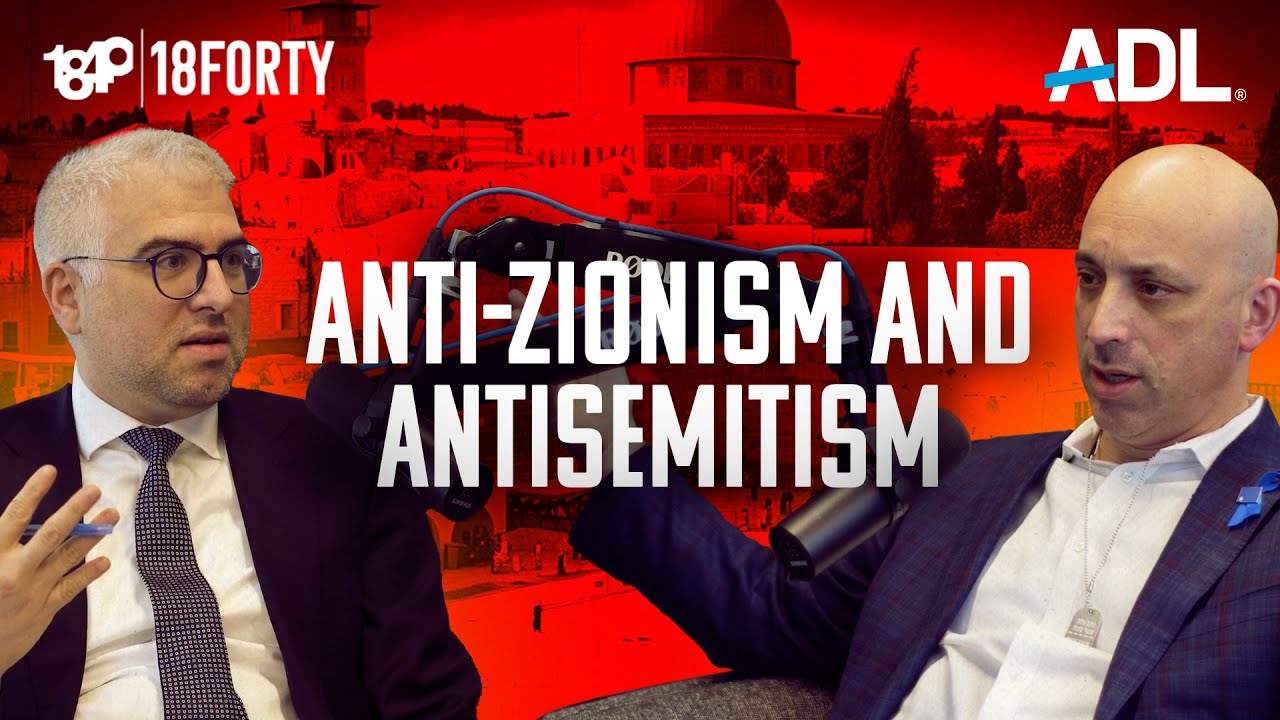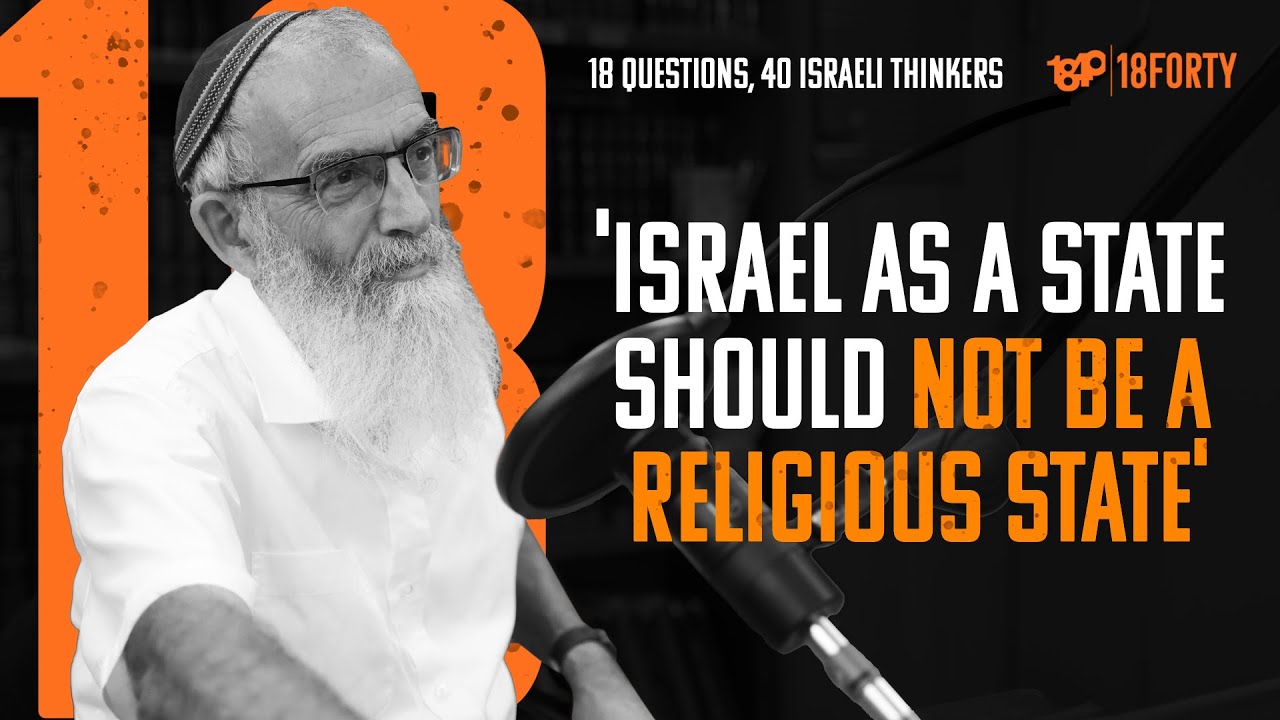This essay was originally published in Yeshiva University’s Torah To-Go Series. It is republished here in its original form.
Following the Six-Day War in Israel there was an incredible upswell in Jewish identity within the entire Jewish community. Rav Shlomo Wolbe, himself a baal teshuva and a leader in the Israeli chareidi community, began giving lectures to secular Jews that were later published as the works Bein Sheishes Le’asor and Ohr LaShav. As Herbert Danziger explains in his book Returning to Tradition: The Contemporary Revival of Orthodox Judaism, “The Six-Day War powerfully brought home to Jews, even peripheral Jews, their connection to the Jewish people and provided an impetus to explore Jewish identity and Judaism as a lifestyle.” It seems to me that since October 7th there has been a similar resurgence in Jewish identity. Particularly within the American non-Orthodox community, amid months of intense international focus on Israel and the Jewish people — marked by debates over Israel’s right to exist, anti-Zionist protests on college campuses, and a surge in antisemitism the likes of which younger generations have never seen — American Jews have begun an unprecedented period of soul-searching not experienced in over half-a-century. And yet, at least within the American Modern/ Centrist Orthodox, it does not appear to me that we have truly met the opportunities of this moment. After the Six-Day War, the Jewish community rallied human and financial resources to reintroduce Judaism to a previously alienated public, giving rise to what is now known as the kiruv movement. However, it seems that the American Orthodox community has not launched a similarly focused and concerted effort in recent times. And my question is, why?
There are several answers or explanations. Some would likely argue with my premise: Was there really such an upswell and effort following the Six-Day War? Others could question whether there has, in fact, been a surge in Jewish identity following Oct. 7, which certainly lacked the miraculously neat, optimistic and fast conclusion that was witnessed following the Six-Day War. Or, perhaps the relative strength of our community has changed — we have already established the institutional infrastructure to handle such spiritual seekers. Let Aish HaTorah deal with soul searching, we are busy trying to pay yeshiva tuition.
I don’t find any of these points convincing. The current resurgence in Jewish life and identity is clear to anyone who interacts with the nonOrthodox world. In fact, I think some of the most poignant reflections have emerged from those circles. Rabbi Ammiel Hirsch, a reform rabbi, has openly and publicly called upon members of his movement to ask why so many reform Jews are anti-Zionists. A part of me can’t shake the persistent suspicion that something else has changed since the Six-Day War, and I believe the biggest shift has occurred within us, the Orthodox community. The story of the American Orthodox community is nothing short of a miracle. It was not entirely clear in the 1940’s whether it would be able to survive on American soil. People like my bubbe, with a nominal Jewish education who kept kosher but barely kept Shabbos, had to be actively convinced that Orthodoxy was moderate and sustainable. There was no “Yeshiva League” and most of those who sent their kids to yeshiva had to be begged in order to do so. People like Mrs. Miriam Nadoff of Pittsburgh or Dr. Joseph Kaminetsky would actually knock on doors to convince Jewish families to send their children to yeshiva. Today, some kids don’t get accepted by any yeshiva. Orthodoxy began as a movement deeply integrated within the rest of the American Jewish community, carving a place for itself that most had to make an active decision to join. It is very different now. People are born into a thriving Orthodox community, a world that can essentially sustain itself.
The relative strength of the Orthodox community has come at a very real cost. Our community has become increasingly isolated from the broader American Jewish population, losing much of the understanding we once had of the larger Jewish world. As a result, we rarely educate or influence those who grow up outside the Orthodox community. In my Jewish Public Policy class at Yeshiva University, I ask my students if they have any non-Orthodox relatives, up to and including first cousins. For most students, especially those who grew up in major Jewish communities, the answer is overwhelmingly no. In some ways, that should be greeted as good news — more Jews who are affiliated with the Orthodox community likely means more Jews who are within communities that cultivate serious commitment and practice. But that is not the entire story. The Orthodox community is forgetting, in many ways, the larger landscape of American Judaism. And that does not just affect those whose Yiddishkeit could potentially be enhanced through interactions with frum Jews, it can negatively affect the very character of the frum community itself.
Since October 7th, many shuls, based on the guidance of Rav Schachter, have been reciting the prayer Avinu Malkeinu during the daily prayer services. We relate to God, as the prayer indicates, as both a King and a Father. There are many superlatives that we can use to relate to God — why are Father and King specifically juxtaposed in this prayer? I would like to suggest that the imagery of Father and King reflect the dual nature of Jewish identity. The Jewish people are both a part of a religion and a family. When we perform religious rituals, like brachos, we relate to God primarily as King — the language of a bracha is “melech ha-olam,” not “av ha-olam.” A King has rules, regulations, and specific protocols that govern how to approach Him. This is the world of mitzvos and halacha, the formal structure and process through which we bring divinity into this world and into our lives. But Judaism is not just a religion. One of the central tenets of Judaism is the chosenness of the Jewish People. Even Jews who are lax, ignorant, or outright hostile to the tenets of God’s royal sovereignty still retain their Jewish identity insofar as they are still a part of the Jewish People — they are still children within the Jewish family. A child, even a rebellious one, cannot sever their relationship with a parent. The relationship can be strained or difficult, but even a disappointing child is still a child. And, as Rav Shlomo Fischer zt”l points out in his Beis Yishai (#9), before Judaism became a religion at Sinai, we were first, and remain, a family.
And here is my blunt assessment: Over the past half-century the Orthodox community has carefully focused its efforts and attention on cultivating our relationship with God as King and we have neglected our relationship with God as Father. There’s a lot of Malkeinu, not so much Avinu. There are so many incredible achievements we should be proud of as a community — the Torah learning, Daf Yomi renaissance, our Yeshiva-day school system, and the flourishing of mitzvah observance. But what about our siblings? What about our larger family? What about our commitments to the very real belief that the Jewish People, Knesset Yisroel, is a chosen, divine family? I am concerned that our connection to this idea has frayed. It is easier to focus on halachos of mayim achronim than to figure out how to introduce Torah and mitzvos, the very existence of God, to Jews who otherwise have never had that opportunity to learn. It is easier to view non-Orthodox and secular Jews as “nebuch” at best, or with outright disdain at worst. But who is really at fault? It is easy to blame unaffiliated, secular, or non-Orthodox Jews for their approach — it is much harder to really believe in God’s relationship with the entirety of the Jewish people, and to figure out how to address the religious alienation that is rampant throughout the Jewish community. Surely, some of that alienation is the fault of the Orthodox community.
It is time for the Orthodox community to reacquaint itself with God as Father and the Jewish People as an extended family. It is time for the Orthodox community — that includes the Modern Orthodox, Yeshivish, Hassidic, a little too much to the left, a little too much to the right — to really start taking the divinity expressed through the Jewish people seriously.
How, practically, can this be done? I would like to suggest three areas:
(1) Family Must Triumph Over Triumphalism
Maybe I hang out too much on social media. Actually, not maybe, I know I do. But one of the most painful things I see on social media is the glee with which some members of the frum community mock and deride those who are not Orthodox. We have indeed achieved incredible things in this country. But our triumphalism, aside from being outright gross, is factually incorrect. When we cheer on the institutional demise of the non-Orthodox community are we celebrating the growth of Torah or witnessing a generation that could potentially be lost to any spark of connection to Yiddishkeit? As if we have a better plan. As if we are doing anything to reach these Jews. As if somehow, if all non-Orthodoxy disappears, everyone will pick up and move to Bergenfield, Boca, and the Five Towns. Where is our sense of responsibility? Where is our very real pain for the assimilation of American Jewry that happened under our watch as we were thriving? We need to reintroduce ourselves to the larger Jewish community and perhaps reexamine and imagine ways in which we can, without religious compromise, reunite with our family.
(2) Education without Borders
Our best and brightest don’t want to be rabbis and educators. They want to be able to pay full tuition. And those that do want to be rabbis and educators overwhelmingly want to do so within major Orthodox communities. I want to be a rabbi/ rebbe — but only in the tristate area. Ok fine, I’ll consider Chicago, Boca, and LA — but that is it! We have abandoned small-town Jewry. This was the world of my grandparents who lived respectively in Portland, Maine and North Adams, Massachusetts. I remember when Rav Nota Greenblatt zt”l visited Yeshiva University, he made fun of this sentiment. “People are afraid that if they don’t live in Lakewood, oy vey, my son won’t finish mishnayos at his Bar Mitzvah!” He rolled his weary eyes. Bringing Yiddishkeit outside of major Jewish communities doesn’t just strengthen those communities — it strengthens our Yiddishkeit. We sometimes lack faith in our belief system. Is anyone going to buy this? What about all the women’s issues? What about the LGBT issues? Generations ago, people like my grandfather, Rabbi Moshe Bekritsky, and Rabbi Lamm, Esther Jungreis, and others, embodied a real faith in the Jewish People because they didn’t give up on small communities that maybe did not have all of the accouterments that have become so synonymous with Orthodoxy. Real belief in God and His Torah is a belief that every Jew is a part of our covenant and has the ability to participate in some way. Efforts to reach such Jews should be applauded rather than looked down upon or, even worse, outright discouraged. If our contemporary Orthodox life can only be sustained or even imagined in major Jewish communities, what does that say about our vision, our very definition of Yiddishkeit? The moment we give up on the larger Jewish community we run the risk of becoming a socio-economic status, a country club membership, rather than a family or even a religion. We need to strengthen our belief — not in Torah or even God, but in the Jewish people.
(3) Fall in Love with the Jewish People
How does one fall in love with the Jewish People? Not just with our tzadikim and talmidei chachomim — but really fall in love with the entirety of the Jewish people? I would like to submit that the best vehicle to fall in love with our people is through the study of Jewish history. We have forgotten our story — how did we even end up here? Too many within our community are woefully ignorant of Jewish history. We are woefully ignorant of our own history. Only one person in my most recent Jewish Public Policy class could name more than one president of Yeshiva University. Even more troubling was how dismissive some in the class were about why that should even be important. I tried explaining to them that people like Dr. Revel, Dr. Belkin, and so many others in that generation created so much of the Orthodox world we take for granted today. During a visit to a very Zionist camp, I asked staff and students who the Chief Rabbi of Israel was when the country was founded. No one knew. The story of our survival through exile, Rav Yaakov Emden writes in the introduction to his siddur, is a greater miracle than the splitting of the sea. And the only way to appreciate the miracle of our story is by learning it! Let’s learn to fall in love with the story of the Jewish People by learning our history.
And this brings us back to October 7th and our response. For the first time in my lifetime, the very existence of the State of Israel is being questioned. This generation, I hope, does not want to be the generation that loses, God forbid, the Jewish homeland. But in order to ensure our connection to Israel we must reexamine our connection to the Jewish People.
In 1976, Rabbi Joseph B. Soloveitchik gave an address to the Conference of Jewish Communal Service in Boston that was later republished in Tradition under the title, The Community.” In this moment, it is worth returning to his words there:
The community in Judaism is not a functional-utilitarian, but an ontological one. The community is not just an assembly of people who work together for their mutual benefit, but a metaphysical entity, an individuality; I might say, a living whole. In particular, Judaism has stressed the wholeness and the unity of Knesset Israel, the Jewish community. The latter is not a conglomerate. It is an autonomous entity, endowed with a life of its own. We for instance, lay claim to Eretz Israel. God granted the land to us as a gift. To whom did He pledge this land? Neither to an individual, nor to a partnership consisting of millions of people. He gave it to the Knesset Israel, to the community as an independent unity, as a distinct juridic metaphysical person. He did not promise the land to all of us together. Abraham did not receive the land as an individual, but as the father of a future nation. The owner of the Promised Land is the Knesset Israel, which is a community persona. However strange such a concept may appear to the empirical sociologist, it is not at all a strange experience for the Halachist and the mystic, to whom Knesset Israel is a living, loving, and suffering mother.
And I pray to God, as both King and Father, that our connection to Knesset Israel — the true recipients of the promise of Israel, never frays. We still await the full fulfillment of that promise, and it begins with us and our connection to each other. Avinu Malkeinu, may Your children experience the fulfillment of that promise, speedily in our days.



